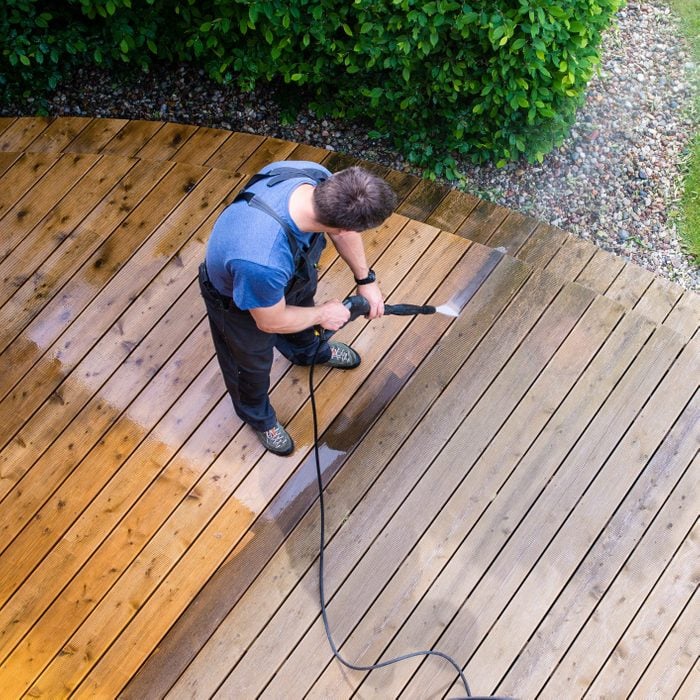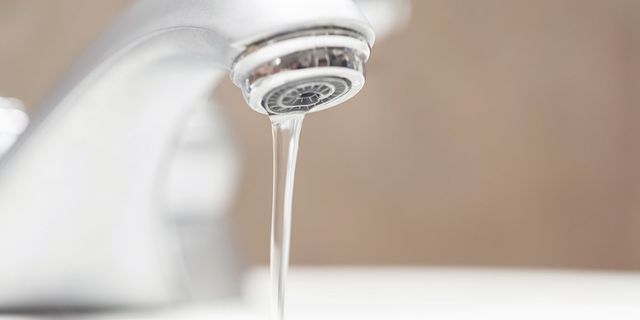Quick Methods for Fixing Low Water Pressure in Your Home
This PageThey are making several great observations relating to Low Water Pressure in the House? overall in this article following next.

Low water stress in your home can be a discouraging trouble, affecting everything from bathing to cleaning recipes. If you're experiencing weak water flow, there are several feasible causes and options to explore. In this overview, we'll review typical reasons for low tide stress and sensible steps to address the problem efficiently.
Intro to Low Tide Stress
Low water pressure takes place when the circulation of water from your faucets, showers, and other components is weaker than common. This can make everyday jobs much more tough and less effective. Understanding the sources of low tide stress is important to locating the right option.
Typical Causes of Low Tide Pressure
Pipeline Obstructions
With time, pipes can become clogged with mineral deposits, sediment, or debris, limiting the flow of water. This is a common concern in older homes with galvanized steel pipelines.
Rust
Corrosion within pipelines can bring about leakages and minimized water stress. Corrosion buildup can restrict water flow, especially in aging plumbing systems.
Faulty Stress Regulators
Stress regulatory authorities are in charge of preserving regular water stress in your home. If they malfunction, it can result in low water stress or unequal flow throughout the house.
Metropolitan Water System Issues
Occasionally, the trouble lies outside your home. Metropolitan water supply concerns, such as main line leakages or maintenance work, can temporarily decrease water pressure in your area.
Just How to Identify Low Water Stress
Examining Faucets and Fixtures
Start by examining the water stress at different faucets and components throughout your home. If the concern is isolated to details areas, it might indicate local problems.
Checking Pipes
Check visible pipes for signs of leaks, rust, or clogs. Focus on any unusual sounds, such as knocking or rattling pipelines, which might show issues within the plumbing system.
Consulting with a Plumber
If you're unable to identify the cause of low water stress, consider hiring a professional plumber to perform a detailed inspection. They can recognize underlying concerns and suggest appropriate options.
Do It Yourself Solutions to Deal With Low Water Pressure
Cleaning Up Aerators and Showerheads
Natural resources can build up in aerators and showerheads, decreasing water circulation. Eliminate and cleanse these parts routinely to improve water pressure.
Flushing Water Heater
Debris buildup in the water heater can limit circulation and lower performance. Purging the container regularly assists eliminate sediment and maintain ideal performance.
Checking Pressure Regulatory Authority
Ensure that the pressure regulator is operating correctly. Readjusting or replacing the regulator can aid recover correct water stress throughout your home.
Clearing Clogs in Water Lines
For small clogs, attempt making use of a plumbing serpent or chemical drainpipe cleaner to clear obstructions in pipelines. Beware when making use of chemicals and comply with safety and security standards.
When to Call a Professional Plumber
If do it yourself initiatives fail to solve the problem or if you suspect significant plumbing issues, it's ideal to look for support from a qualified plumber. They have the competence and tools to deal with intricate concerns safely and properly.
Safety Nets to Preserve Water Stress
Regular Maintenance
Arrange routine upkeep for your plumbing system to prevent issues such as corrosion, leaks, and obstructions. Attending to minor troubles early can aid stay clear of even more considerable fixings later on.
Installing a Pressure Booster
Take into consideration setting up a stress booster pump to enhance water pressure in locations with continually low circulation. This can be specifically beneficial for multi-story homes or homes with high-demand components.
Surveillance Water Usage
Bear in mind water usage behaviors and stay clear of overtaxing the plumbing system. Basic modifications, such as astonishing showers and laundry lots, can assist maintain ample water stress.
Final thought
Taking care of low water stress can be discouraging, but recognizing the underlying reasons and carrying out suitable options can restore ideal flow throughout your home. Whether it's cleansing aerators, checking pipes, or consulting with a plumber, taking proactive steps can make certain a stable supply of water for your daily demands.
FOUR WAYS TO FIX LOW WATER PRESSURE NOW
Turning on a shower or faucet only to find the water comes out in a sad, slow drizzle is never a good feeling. How exactly are you supposed to wash a pan or take a quick shower when it takes 10 minutes just to rinse off a little soap? The good news is that when your water pressure is bad, there's always a cause: typically one that can be easily fixed. Here are some of the most common causes of low pressure and what you can do to fix the issue:
DEBRIS AND MINERAL DEPOSIT BUILDUPS
If you notice low water pressure from just one or two of the fixtures in your house, the problem likely has to do with debris buildup. Water is full of minerals and other debris, all of which can accumulate in your pipes and on your fixtures. This can cause a blockage that affects how much water flows through. To fix this, try filling a small plastic bag with white vinegar, and use a rubber band to hang it around your showerhead or faucet. Let the head of the fixture soak for a few hours, and the vinegar should loosen the deposits.
WATER LEAKS
Leaks are another common cause of low water pressure. If water is flowing out of your plumbing through a hole or crack before it can reach your fixture, the pressure coming out of the faucet or showerhead will be lower. A plumbing professional is your best bet for finding and repairing a leak in your water supply pipes.
Leaks are another common cause of low water pressure. If water is flowing out of your plumbing through a hole or crack before it can reach your fixture, the pressure coming out of the faucet or showerhead will be lower. A plumbing professional is your best bet for finding and repairing a leak in your water supply pipes.
FOUR WAYS TO FIX LOW WATER PRESSURE NOW
Turning on a shower or faucet only to find the water comes out in a sad, slow drizzle is never a good feeling. How exactly are you supposed to wash a pan or take a quick shower when it takes 10 minutes just to rinse off a little soap? The good news is that when your water pressure is bad, there's always a cause: typically one that can be easily fixed. Here are some of the most common causes of low pressure and what you can do to fix the issue:
DEBRIS AND MINERAL DEPOSIT BUILDUPS
If you notice low water pressure from just one or two of the fixtures in your house, the problem likely has to do with debris buildup. Water is full of minerals and other debris, all of which can accumulate in your pipes and on your fixtures. This can cause a blockage that affects how much water flows through. To fix this, try filling a small plastic bag with white vinegar, and use a rubber band to hang it around your showerhead or faucet. Let the head of the fixture soak for a few hours, and the vinegar should loosen the deposits.
WATER LEAKS
Leaks are another common cause of low water pressure. If water is flowing out of your plumbing through a hole or crack before it can reach your fixture, the pressure coming out of the faucet or showerhead will be lower. A plumbing professional is your best bet for finding and repairing a leak in your water supply pipes.
Leaks are another common cause of low water pressure. If water is flowing out of your plumbing through a hole or crack before it can reach your fixture, the pressure coming out of the faucet or showerhead will be lower. A plumbing professional is your best bet for finding and repairing a leak in your water supply pipes.
A VALVE ISSUE
If you have low water pressure throughout your home, check your main shut-off valve to make sure it's completely open. You may also want to see if there's a pressure-reducing valve installed. If there is, have a plumber help you adjust the settings to get the pressure you're looking for.
OTHERS USING WATER
Believe it or not, your low water pressure could be caused by your neighbors. If you notice low pressure at certain times of day, it may be because you and the people living next to you have similar schedules - when everyone is showering at the same time, the pressure will be lower in every home. Low pressure throughout the neighborhood may also be caused by an issue with your municipal water supply. If that's the case, call the supplier to see if they're working on the issue.
https://www.rotorooter.com/blog/water-leaking/low-water-pressure-fixes/

I found that piece about 4 Ways to Troubleshoot Low Water Pressure while doing research the internet. Sharing is caring. Helping people is fun. Thanks a lot for being here. Revisit us soon.
Click On This Link